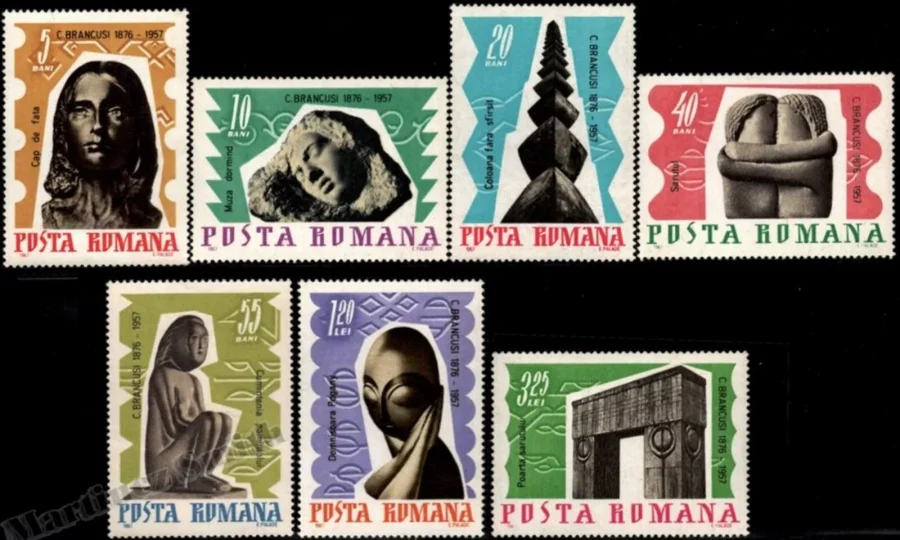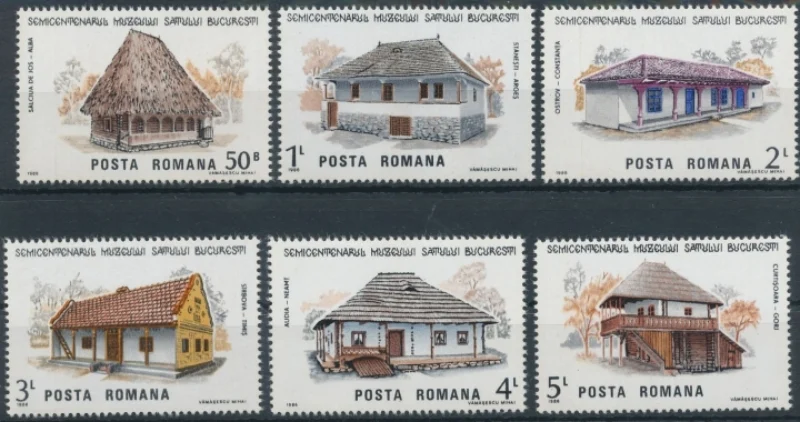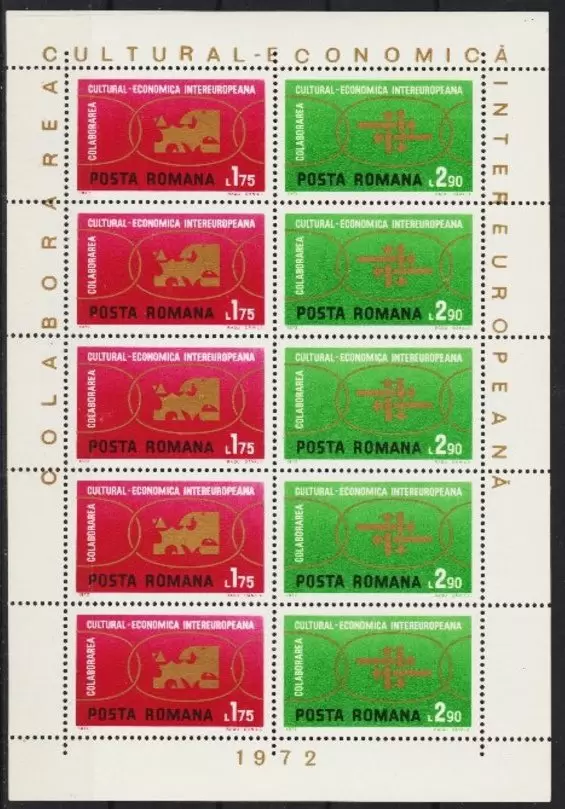Romania year 1935 Anniversary of revolt in Transylvania stamps set MNH
The set of stamps issued by Romania in 1935 to commemorate the “Anniversary of revolt in Transylvania” is a significant historical issue that honors the leaders of the Transylvanian Peasants’ Revolt of 1784.
The revolt’s leaders are known as the Martyrs of Transylvania: Horea, Cloșca, and Crișan. The stamps were issued to mark the 150th anniversary of their execution (1785).
Key Philatelic Information
- Country: Romania
- Year of Issue: 1935
- Theme: 150th Anniversary of the death of the Transylvanian Martyrs (Horea, Cloșca, and Crișan)
- Total Stamps in Set: 4
- Design: The set features portraits of the three leaders (Horea, Cloșca, and Crișan) and a design related to the revolt.
- Method of Printing: Typically Heliogravure (Photogravure)
Denominations and Catalogue Numbers
The set is a four-value commemorative issue. Below are the common catalogue numbers and denominations:
| Denomination | Colour | Subject/Design | Scott Catalogue No. | Michel Catalogue No. |
| 50 Bani | Green | Portrait of Horea | 442 | 480 |
| 1 Leu 50 Bani | Red | Portrait of Cloșca | 443 | 481 |
| 3 Lei | Brown | Portrait of Crișan | 444 | 482 |
| 6 Lei | Blue | Monument/Scene from the Revolt | 445 | 483 |









Reviews
There are no reviews yet.